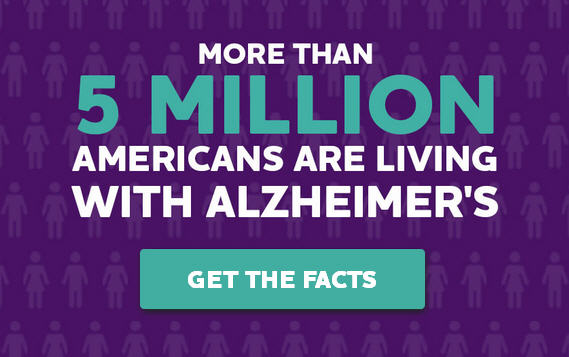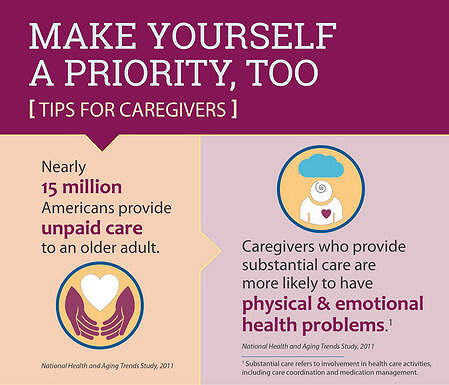Bad Behavior #4: Swearing, Offensive Language and Inappropriate Comments
When a normally loving father or mother is suddenly using the worst profanities, using offensive language or saying inappropriate things, family members are baffled as to why…and what to do about it.
We’ve heard stories about parents who used to be mild-mannered, proper, and would never utter a four-letter word suddenly cursing at their caregiver or calling them insulting names. When it happens in public, it’s embarrassing; when it happens in private it’s hurtful.
What to do:
When the behavior is out-of-character for an elder, the start of Alzheimer’s or dementia is a likely cause.
How do you deal with swearing? A couple of ideas: when a swearing tirade sets in, use distraction. Diverting your elderly parent’s attention is a simple, but effective technique. Once their mind is redirected, the swearing fit may end.
Also, try bringing up happy times from the old days. Like all people, elders love to reminisce about their lives “back in the day.” Using their long-term memory skills, the elderly parent will likely forget about whatever it is in the present that set them off.
If none of this works, back off, disappear and wait for it to blow over.
More info:
What to do when elderly parents swear and use foul language
What caregivers are saying- Join the discussion:
“My father never said a 4-letter word in his life. Now he is using the worst profanity
Bad Behavior #5: Paranoia and Hallucinations
Paranoia and hallucinations in the elderly can take many forms, from accusing family members of stealing, seeing people who aren’t there or believing someone is trying to murder them.
What to do:
Sometimes hallucinations and delusions in elders are a sign of a physical illness. Keep track of what the elder is experiencing and discuss it with the doctor. It could also be a side-effect of a medication your elderly parent is taking. See your doctor, describe the symptoms and ask if your parent’s medication needs to be changed.
Oftentimes, paranoia and hallucinations are associated with Alzheimer’s disease or dementia. When this is the case, caregiving experts seem to agree: when faced with paranoia or hallucinations, the best thing to do is just relax and go with the flow. More often than not, trying to “talk them out” of a delusion won’t work. Validation is a good coping technique, because what the elder is seeing, hearing or experiencing is very real to them. Convincing them otherwise is fruitless.
Bad Behavior #6: Strange Obsessions
Saving tissues, worrying if its time to take their meds, constantly picking at their skin, hypochondria…these types of obsessive behaviors disrupt the daily lives of elderly parents and their caregivers. Obsession is sometimes related to an addictive personality, or a past history of Obsessive Compulsive Disorder (OCD).
What to do:
View your parent’s obsessive-compulsive behaviors as a symptom, not a character flaw.
Watch for signs that certain events trigger your parent’s obsession. If the obsession seems to be related to a specific event or activity, avoid it as much as possible.
Do not participate in your parent’s obsessions. If you have helped with rituals in the past, change this pattern immediately. Family and friends must resist helping with ritual behaviors.
Obsessive behavior can be related to a number of other disorders, including anxiety, depression or dementia. Obsessive disorders can be treated by mental health professionals, so make an appointment on your parent’s behalf. Therapy and/or medication may be the answer. Look into therapy groups, outpatient and inpatient programs in your area.
More info:
OCD in the elderly
Join the discussion:
“My mother has an obsession with tissues. She stashes them everywhere.”
Bad Behavior #7: Hoarding
When an elderly parent hoards (acquiring and failing to throw out a large number of items), once again the on-set of Alzheimer’s or dementia could be at fault. Someone’s pre-Alzheimer’s personality may trigger hoarding behavior at the onset of the disease.
For example, an elderly parent who was already prone to experiencing anxiety, when faced with aging and the possibility of outliving their resources, may begin to collect and save against the onslaught of feeling overwhelmed by what lies ahead.
Others will hold on to items because they fear their memories will be lost without that tangible evidence of the past.
What to do:
You can try to reason, and even talk about items to throw out and give away. Or create a memory box, a place to keep “special things.” With extreme hoarders, medication and family counseling could make a big difference in how you cope and manage.
More info:
How to handle hoarding
What caregivers are saying- Join the discussion:
“My mother hoards spoiled food.”
Bad Behavior #8: Refusing to Let Outside Caregivers into Their House
The presence of an outsider suggests to the elder that their family can’t (or doesn’t want to) take care of their needs. It also magnifies the extent of the elders’ care needs and makes them feel vulnerable.
What to do:
Constant reassurance is necessary. Understanding the elder’s fear and vulnerability is necessary in order for you to cope with this problem. Have serious talks with them, and realize the first time may not work. It could take several months convince them.
Another strategy is to start small, and ask your parent to “give it a try.” Present the idea to your elderly parent as a trial. Have someone come in for one day a week for a few hours, just to vacuum, take out the trash or wash clothes. Experienced senior care agencies know how to handle situations like this, so consult them when necessary. Once they get used to having someone in the house, they may be fine with it.







